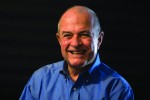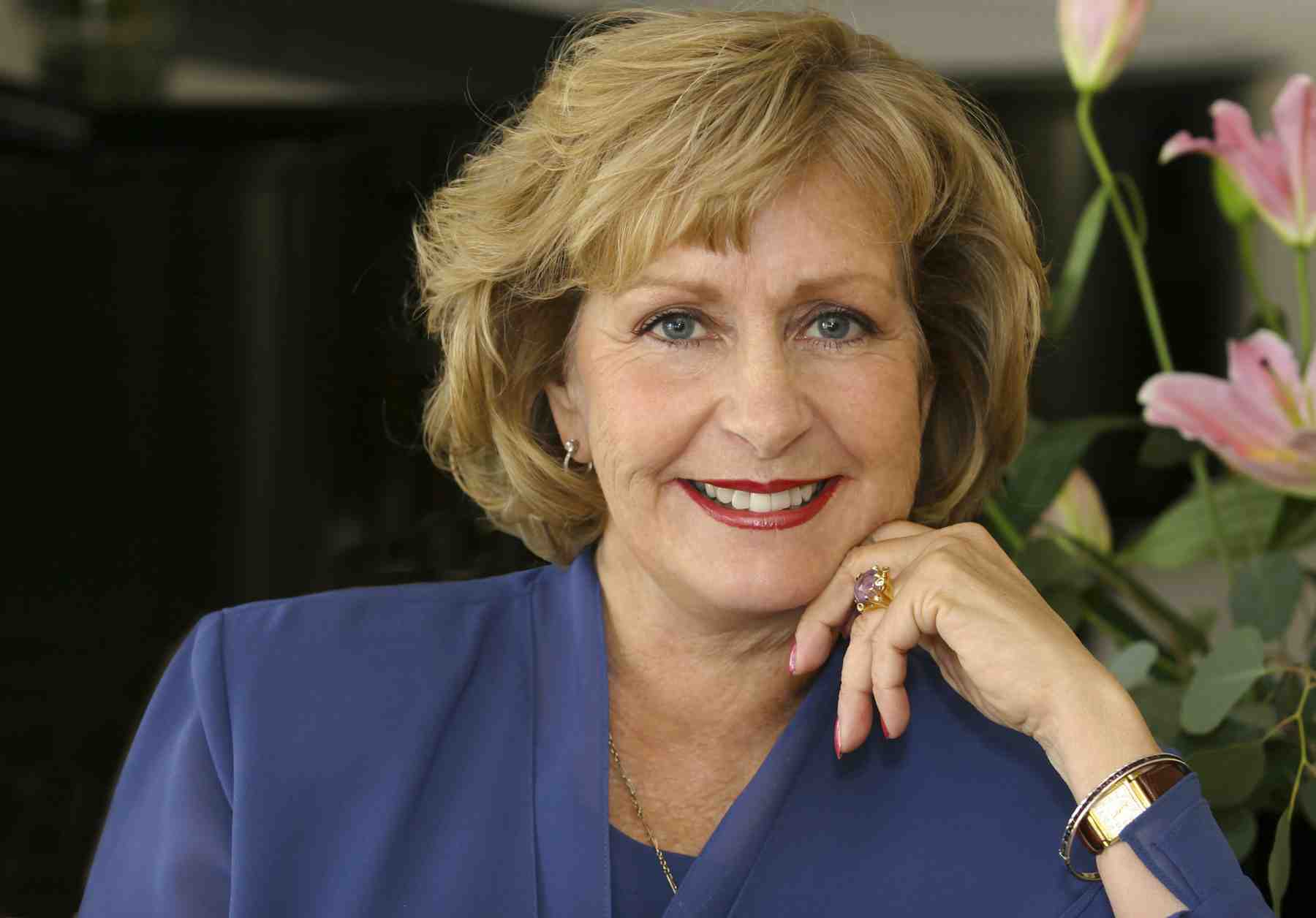
Bad News And Good News
Stocks began the third quarter with a Fourth of July bang and ended it with a whimper. The averages crested at new highs in mid-August, then slipped back, finally ending the quarter up 1% on both the Dow Jones Industrials and the S&P 500. Even that modest gain disappeared on the first day of the fourth quarter when stocks dived amid breaking news stories of Ebola and of civil unrest in Hong Kong.
Ebola is the most recent infectious disease outbreak of which the SARS outbreak of 2003, which began in South China, is probably the best remembered. These are terrible diseases with tragic consequences, among them fear and stigma. Asian-Americans became targets during the SARS outbreak with public health hotlines jammed with anxious people worried about “buying Asian merchandises” or “going to school with Asians.
Global public health organizations and governments focused on early identification of SARS, isolation and treatment. Their actions led to its containment by 2004 and provided a template for coordinating actions to meet other outbreaks. These actions are now well underway and the greatest danger to Americans is loss of proportion through fear.
Since the first news of Ebola, over 300,000 people have died in Africa from malaria and over 600,000 from tuberculosis. The media focus on the novel and lurid, often at the expense of the important. We, particularly those fortunate enough to have investment accounts, should not lose sight of opportunities to aid sufferers from global tragedies.
In Hong Kong, the media show the demonstrations as a battle with the police. China’s government warned of “unimaginable consequences” if the demonstrations continue. This revives memories of the Tiananmen Square protests in 1989, which reversed reforms and tarnished China’s global image. Crowds are thinning in Hong Kong and the outcome is uncertain but any impact on American stocks seems remote.
A less dramatic impact on stocks may come from the struggle over monetary policy of the European Central Bank. In this country, the weekly jobless claim report showed an unexpected decline. A decline in the Consumer Confidence Index was headline financial news but less significant that consumer spending climbed 0.5% in August after a flat July. Personal incomes continued their moderate rise while inflation remains flat at 1.5%.
The S&P 500 and the Dow Industrials are down 3% from their August highs, hardly cause for panicked selling. I suspect the overall market will remain timid until new earnings reports will provide some fresh data.
These reports are arriving at a favorable time. This week marked the beginning of the third fiscal year of President Obama’s second term. The historical stock market pattern for such years is remarkably strong, the theory behind this cycle based on the belief that politicians concentrate on Presidential elections, perhaps cutting back on the first two years of a term and then setting the stage for economic good times in the third year.
Since the Dow Jones Industrial Average began in 1896, third terms have shown average gains of 15%, nearly four times the average gain in other years. Some believe the cycle should begin in 1940 when the New Deal and the coming war vastly increased the Federal Government’s role in the economy. Remarkably, since 1940, the Dow has risen in every third year with an average gain of 22%. This could be coincidence, however, in years one, two and four, the Dow was ahead 57% of the time with an average gain of only 3%.
Barring extraneous events or mass disappointments in third quarter earnings, the stage is set for the market’s uptrend to resume. This may take a shot of good news, perhaps some upside earnings surprises. Meanwhile, investors should consider holding cash reserves in a solid bond fond like BlackRock’s iShares Core U.S. Aggregate Bond ETF (AGG-$109). This quality fund yields slightly over 2% with a moderate duration slightly over five years, a reasonable approach in view of the Federal Reserve’s cautious pace toward raising interest rates. It is quite liquid, particularly since Mr. Gross’s abrupt departure from PIMCO brought additional capital inflows into AGG.
Tony Crowell manages stock portfolios for individuals and their trust and retirement accounts with CROWELL•ROBERTS Investment Counsel, a registered investment advisor in Laguna Beach since 1995. [email protected] 949.494.1376/800.697.2622




